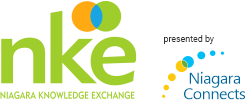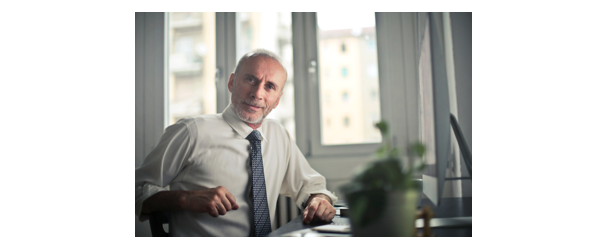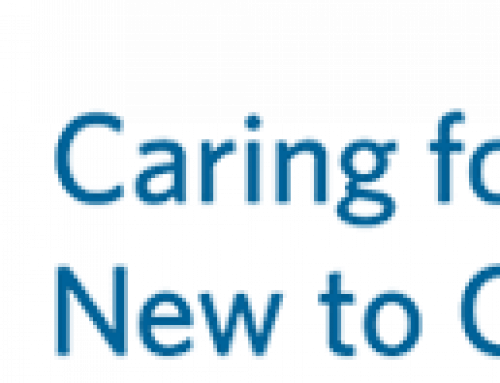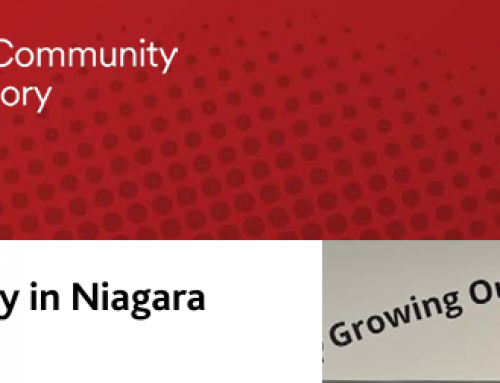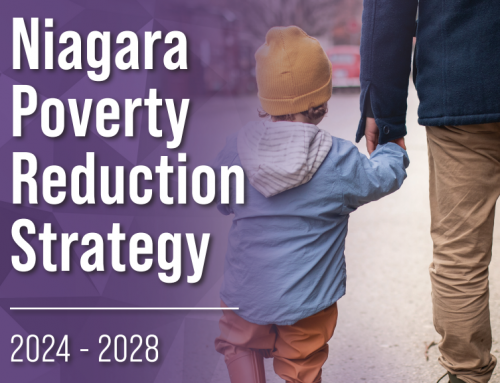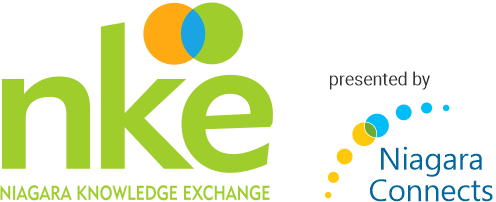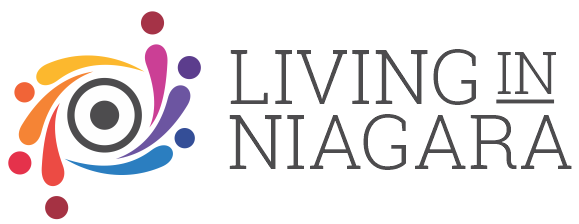Here in Niagara, we’ve heard about our aging population, and we know that more than one-third of our population is over 55 years of age. Data in the Living in Niagara-2017 report shows that it’s time for us to address ageism in our community. We can begin by shifting our perceptions of what it means to grow older in today’s context; and recognizing that all of us, no matter what age, live meaningful lives.
The Living in Niagara Report, published by Niagara Connects, is a triennial measure of quality of life across the 12 Living in Niagara Sectors. The report is a planning tool built and owned by the Niagara-wide community. The 2017 version includes over 600 data items from 228 organizations, businesses, government bodies, networks, and groups.
Data in the report shows that older people in Niagara are:
- Contributing economically to our community, through both paid and unpaid work. Statistics Canada data in the Work & Employment Sector shows that labour force participation of people aged 65 and older is increasing, from 6.1% in 2001 to 13.7% in 2016. It is projected that 40% of the total labour force in Canada could be aged 55 and older by the year 2026. Niagara Health reports that the average age of their volunteers is 63; and Niagara Region Seniors Services reports that the total value of volunteer contribution to long-term care homes in Niagara exceeded $1.6 million in 2016.
- Investing in the community through charitable donations. Data in the Community Belonging Sector points to an average age of 58 among charitable donors in Niagara.
- Lending their voice to planning and initiatives across Niagara that are part of a global movement to raise the profile of issues affecting older residents. They do this through Senior Advisory or Age-Friendly Committees which exist in eight of the local municipalities in Niagara. The work of these dedicated volunteers has led to the designation of three Niagara municipalities (Pelham, Welland, and Port Colborne) as members of the World Health Organization (WHO) Global Network of Age-Friendly Cities and Communities. These leaders also work together region-wide, through the Age-Friendly Niagara Network, to implement the five goals of the Niagara Aging Strategy and Action Plan.
- Raising awareness about the dearth of programs and services aimed at older LGBTQ citizens, and advocating for training for service providers through Senior Pride Network Niagara.
- Contributing to the health care system and the overall wellbeing of the community. The Health and Wellness Sector of the Living in Niagara-2017 report suggests that we address ageism by shifting the story about older people to a true picture of what it means to grow older in today’s context.
- Driving a focus on alternative housing arrangements that are affordable, accessible, and offer supportive services. The Housing & Shelter Sector highlights the socio-economic benefits of providing residents the opportunity to grow older in their home or community, and maintain their social connections and familiarity with their neighbourhood. Innovative models such as HomeShare programs match older people in need of help maintaining their home with an individual willing to provide that assistance in exchange for reduced rent.
- Learning, sharing expertise, mentoring and developing new skills. The Learning & Education Sector highlights the success of Lifelong Learning Niagara, which offers a range of learning options that enhance people’s capacity to live meaningful lives at all ages.
The Living in Niagara-2017 report reveals that older people contribute significantly to the social and economic fabric of our region. They carry out paid and unpaid work, lend their voice as advocates, give back to the community by investing in charitable causes, act as mentors, help to shift perspectives and create innovative solutions. They also build their skills through lifelong learning.
Paying attention to the current evidence in the report helps us to shift the narrative so that we see older people as vital players in building a stronger future for Niagara.
Sara Johnston
Resources Coordinator
Niagara Connects
admin@niagaraconnects.ca
Resources for more information:
